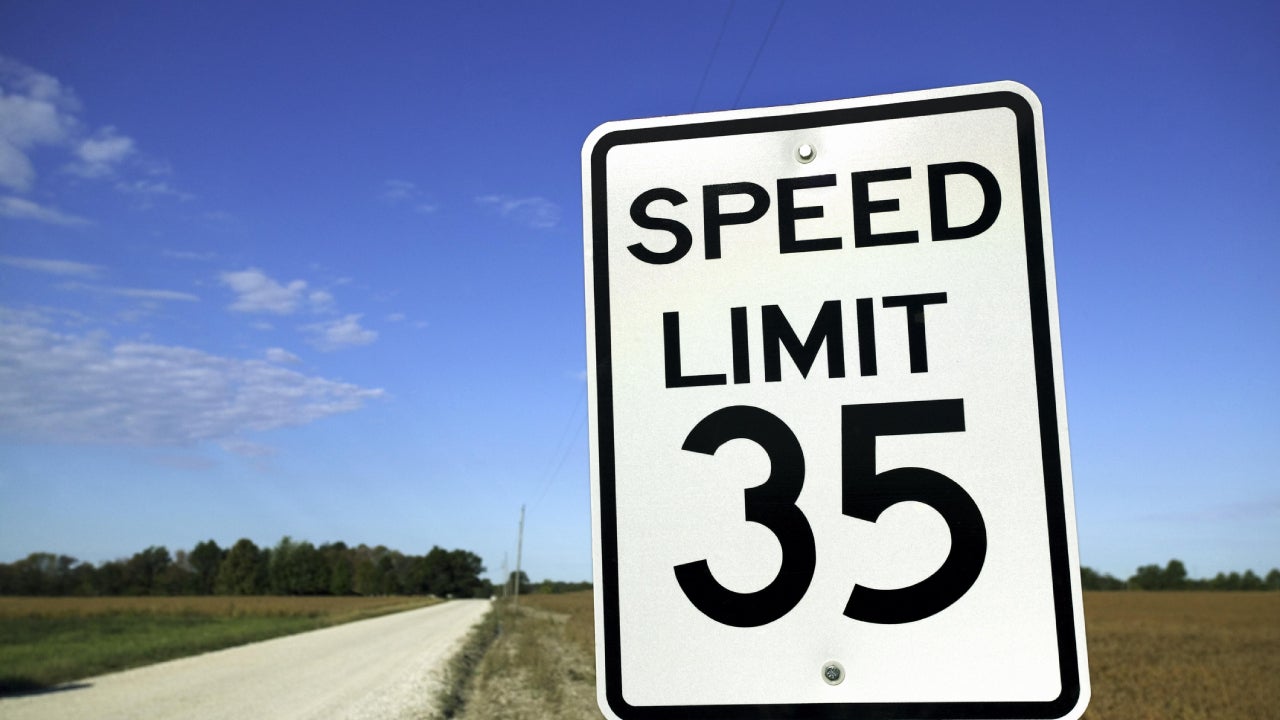Do drivers license points impact your car insurance rates?

Driver’s license points don’t affect your car insurance directly — but the violations that earned you those points could raise your premium. Instead of counting your license points, your insurance company reviews a document called a Motor Vehicle Report (MVR) whenever you apply for insurance or renew your policy. Violations listed on your MVR could cause your insurer to add surcharges to your premium for three to five years.
What are driver’s license points?
In most states, the department of motor vehicles (DMV) tracks driver violations through a point system that assigns a certain number of points to a given infraction. Rack up enough points, and you could face consequences such as suspension of your license or steep fines to reinstate your driving privileges. It’s a way for state governments to keep track of drivers who may not be responsible or cautious and improve public safety.
For example, let’s say you get a ticket in New York State for talking on your cell phone while driving. In addition to any fines you may be issued, the DMV will add 5 license violation points to your record. If you’re caught violating the cell phone law again, your point total goes up to 10 — and if you accumulate 11 license points in an 18-month period, the DMV can suspend your license.
In 10 states, however, there is no point system. Drivers in Hawaii, Kansas, Louisiana, Minnesota, Mississippi, Oregon, Rhode Island, Texas, Washington and Wyoming don’t earn violation points when breaking traffic laws. But violations in those states still go onto your driving record, and can lead to all the same consequences: fines, suspensions and insurance surcharges.
How do points affect your insurance rate?
Driver’s license points don’t affect your car insurance rates directly. Because every state follows a different point system and most major insurers operate across multiple states, insurance companies have their own system for tracking driving violations.
Rather than checking your license points, your insurer reviews your motor vehicle report (MVR) every time your policy renews (or when you request a policy from a new carrier). This document, obtained from your state’s DMV or equivalent bureau, contains a record of your past moving violations, accidents and other incidents that could impact the risk you present to your auto insurer. If the insurer finds violations on your MVR, you may have a surcharge attached to your premium.
Although you might hear people refer to carriers checking your “insurance points,” your insurer isn’t necessarily using a point system, and every carrier’s evaluation of driving violations looks a little different. For example, some carriers won’t do business with a driver who has a recent DUI violation, while others will accept your business but surcharge your rate heavily. Even though that violation has just one value in a given state’s driver’s license point system, insurers see different levels of risk attached to a DUI.
Other consequences for driver’s license points
Depending on the state you live in, driver’s license points can carry a range of consequences, including:
- License suspension or revocation: In most states that use a point system for driving violations, tracking points allows the DMV to cut off driving privileges after an individual has amassed a certain number of points.
- Reinstatements fees: When your license is suspended, you’ll need to meet reinstatement requirements before regaining your driving privileges. In most cases, these requirements include fees that can range from as little as $20 to more than $100.
- SR-22 insurance filing requirements: Drivers with a high number of license points or a history of serious violations may be subject to SR-22 rules, which require your insurance company to file a form with the state DMV confirming that you have the insurance coverage mandated by law.
Can I get rid of points on my license?
In states with driver’s license point systems, the most reliable way to get points off of your license is to wait until the points expire. In most cases, points aren’t permanent and will age off your record after a certain period of time — typically from three to five years.
Depending on the infraction and your state’s laws, you may be able to have points removed before their expiration date by taking an approved defensive driving course or attending traffic school. However, not all license points are eligible for removal even in states where this option is offered. To get a better understanding of your options, check with your state’s department of motor vehicles.
Keep in mind that removing points from your driver’s license won’t necessarily bring your insurance premium down. Some insurance companies offer discounts or may shrink your surcharge if you complete a defensive driving course for point reduction; some carriers won’t honor these courses. In addition to researching point removal with your DMV, you may want to reach out to your insurance company to ask if completing a course could help you reduce your costs.
How can I bring my insurance rates back down?
If your car insurance rates go up due to the points accumulated on your driver’s license, there may be ways that you can help counteract this surcharge.
- Ask your insurer about defensive driving classes: In select states, insurance companies may offer a discount for taking an approved defensive driving or driver’s education course.
- Take advantage of other discounts: Most car insurance companies offer a number of discounts for eligible drivers. Choosing a carrier with many applicable discounts may help you save. Common discounts include bundling, paid-in-full and good student. If you are practicing safe driving habits, you may want to consider a telematics program, which allows your insurance company to track your driving habits for potential savings.
- Shop around for a new policy: If you have done everything you can with your current insurance policy and your insurance is not going down, you may want to compare quotes from other carriers to see if another company offers you a lower rate for your circumstances and coverage needs.
- Improve your credit: In most states, improving your credit may bring down your car insurance rates. Carriers typically see drivers with poor credit as riskier to insure and usually raise rates for these drivers as a result.
- Increase your deductibles: If you’re still having trouble finding an affordable rate, you could consider increasing your deductibles. Higher deductibles may lower your premium, but keep in mind that you have to pay higher out-of-pocket costs in the event of a claim.
Frequently asked questions
Why we ask for feedback Your feedback helps us improve our content and services. It takes less than a minute to complete.
Your responses are anonymous and will only be used for improving our website.
You may also like

How a speeding ticket impacts your insurance in Missouri

How a speeding ticket impacts insurance in Georgia

How does credit score impact your car insurance?

Do parking tickets affect insurance rates?


